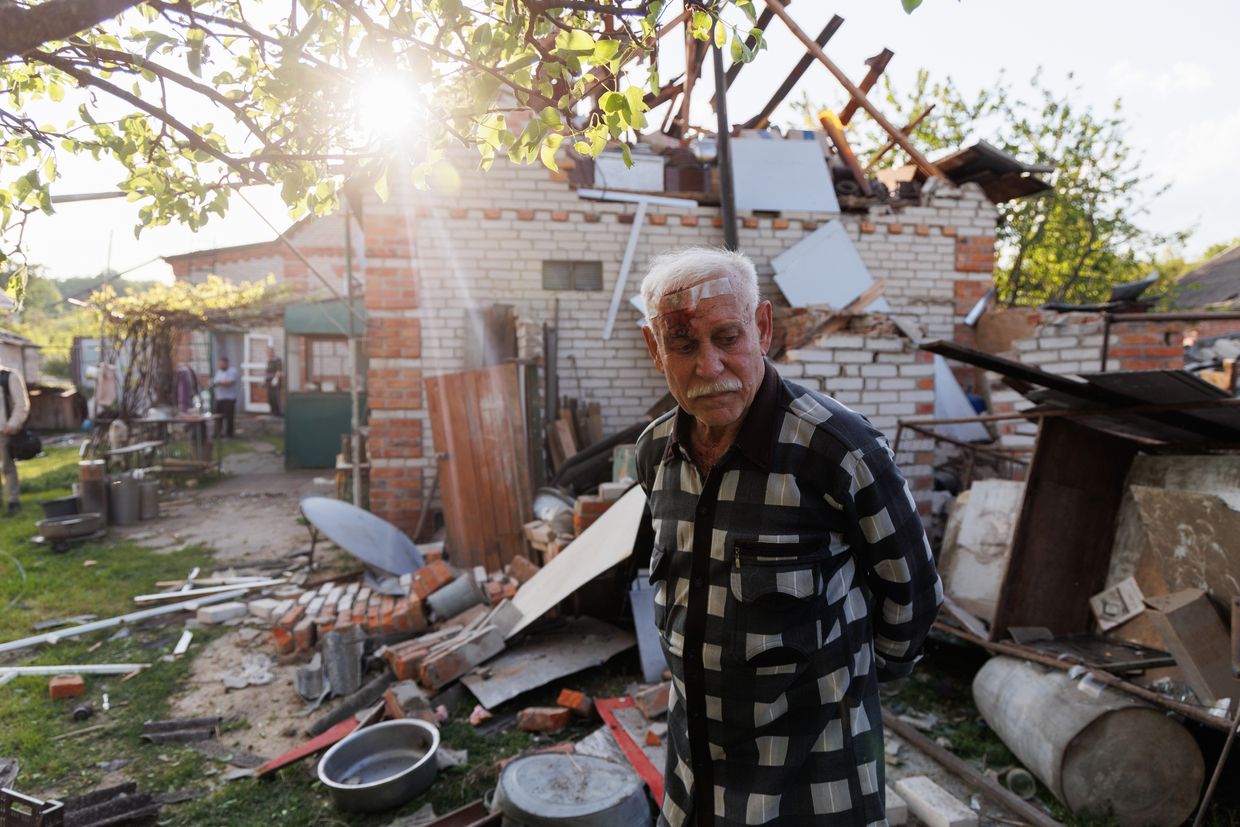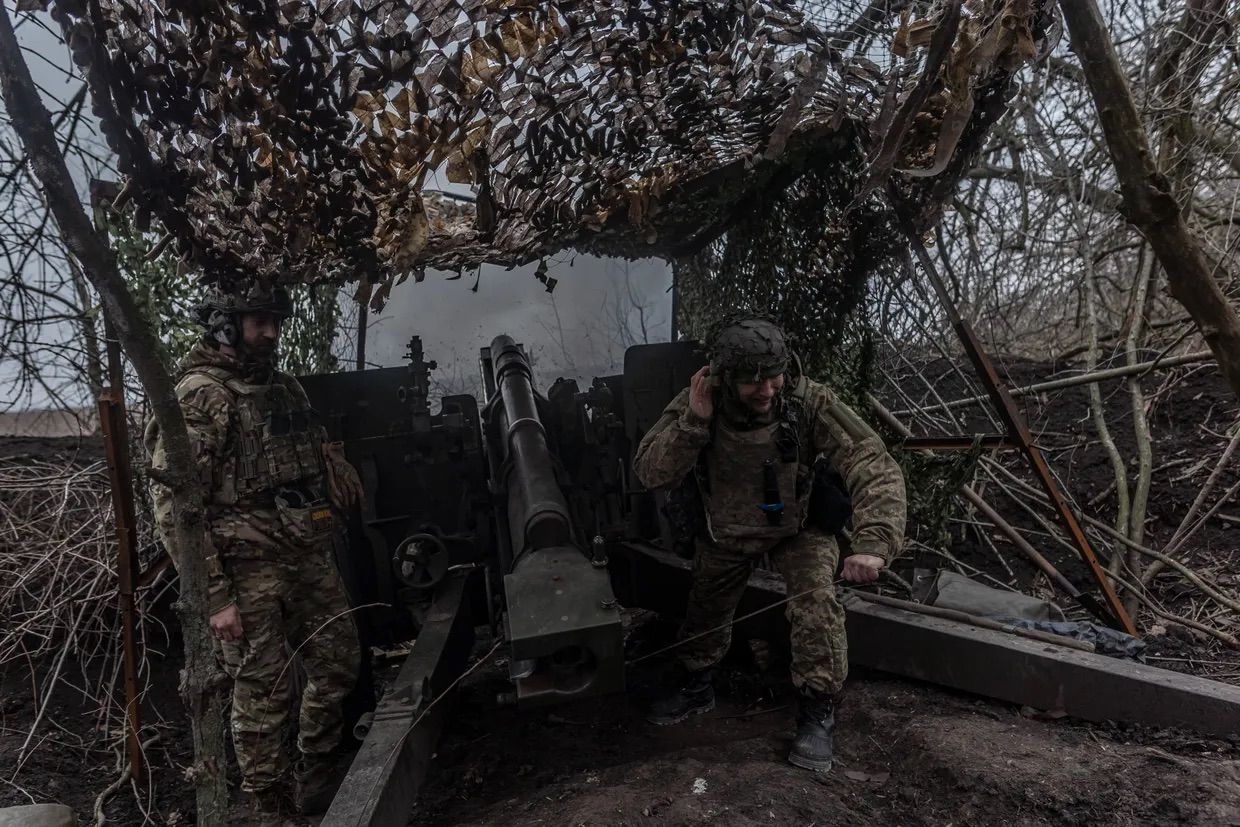Zelensky: 'Our partners fear that Russia will lose this war'

President Volodymyr Zelensky believes that Ukraine's partners "are afraid of Russia losing the war" and would like Kyiv "to win in such a way that Russia does not lose," Zelensky said in a meeting with journalists attended by the Kyiv Independent.
Kyiv's allies "fear" Russia's loss in the war against Ukraine because it would involve "unpredictable geopolitics," according to Zelensky. "I don't think it works that way. For Ukraine to win, we need to be given everything with which one can win," he said.
His statement came on May 16 amid Russia's large-scale offensive in Kharkiv Oblast and ongoing heavy battles further east. In a week, Russian troops managed to advance as far as 10 kilometers in the northern part of Kharkiv Oblast, according to Zelensky.
Washington has not changed its negative position on potential Ukrainian strikes with U.S.-supplied weapons on Russian territory even after Russia had launched its offensive in Kharkiv Oblast, the Pentagon said on May 16.
Zelensky commented on this statement during the meeting, saying that "there should be no bans because this is not about a Ukrainian offensive using Western weapons on Russian territory. This is about defense."
In an interview with AFP on May 17, the Ukrainian president said that the Kharkiv Oblast offensive could be the first of several waves, and Russian forces may try for the regional capital of Kharkiv.
In recent months, Russia has maintained initiative on the battlefield, taking advantage of delays in defense aid to Ukraine from Western allies and Kyiv's troop shortages.
The U.S. Congress approved a $61 billion foreign aid package for Ukraine in April after six months of political infighting. The Pentagon warned that it would likely take some time before its effects on the battlefield were felt.
Kyiv has also ramped up calls on allies to send more long-range weapon systems to target Russian military facilities deep behind the front line and defend against Russian glide bomb strikes heavily impacting the battlefield.
The U.S. has recently supplied Ukraine with long-range ATACMS missiles, which Ukraine reportedly used to strike Russian targets in occupied Crimea. Washington's restrictions, as described by Ukrainian officials, would prevent the replication of such an attack inside Russian territory.
Germany has refused to supply Ukraine with its Taurus missiles with a range of over 500 kilometers due to fears of escalation from Russia.















